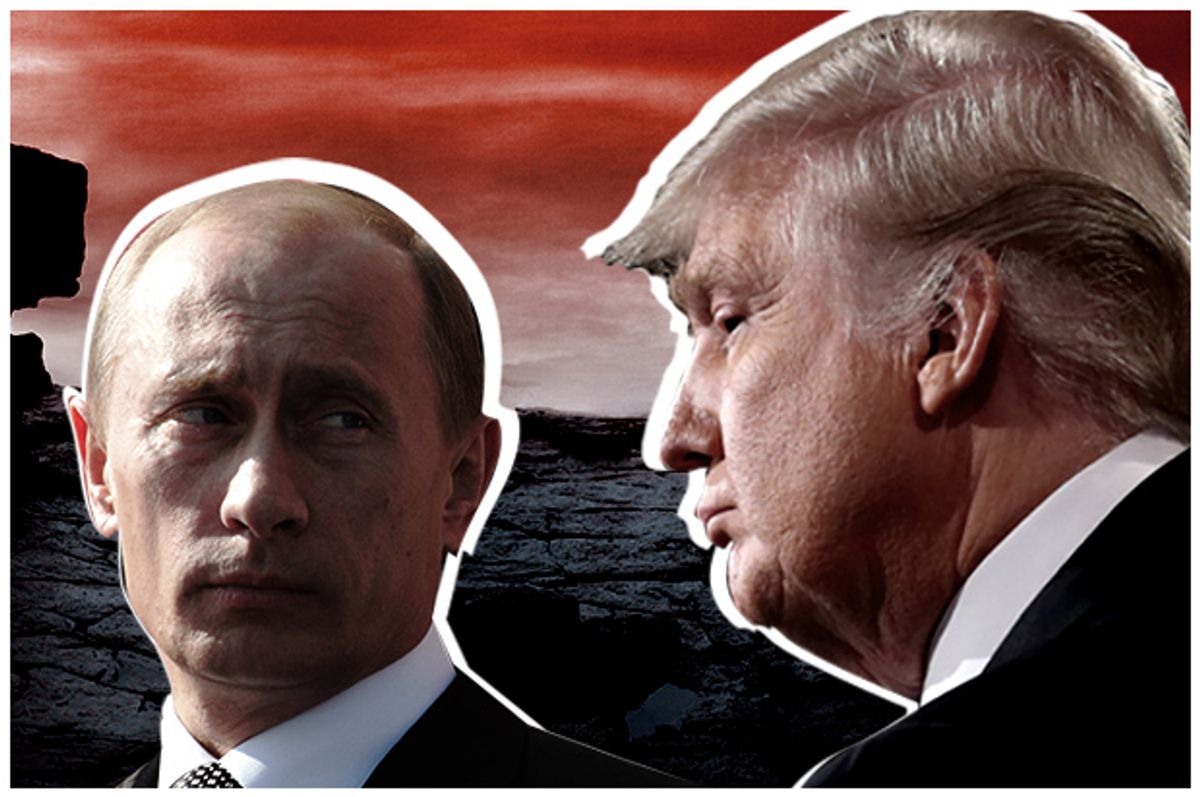When candidate Donald Trump complained during the 2016 campaign that the outcome would be "rigged" if Hillary Clinton won, he was on the same wavelength as a Russian think tank with connections to the regime of President Vladimir Putin.
The Russian Institute for Strategic Studies in Moscow, which is run by retired senior Russian foreign intelligence officials appointed by the Putin regime, released two strategy papers during the 2016 election that discussed how the Russian government should attempt to influence its outcome, according to a report by Reuters. Both documents were seen throughout the upper tiers of the Russian government, but intelligence officials are believed to have not received the documents until after the election had occurred.
The first document was released in June and suggested that the Russian government engage in a propaganda campaign on social media and Russian state-backed media that would push for a president who would pursue a more pro-Russia foreign policy, according to the report. This would be consistent with the Trump campaign focusing on making a plank in the Republican Party platform more pro-Russia during the Republican National Convention that year, as well as Trump insisting that Clinton's policies toward Syria could cause a military conflict with Russia.
The second document was released in October and argued that, because Clinton was believed to be in a strong position to win the election, it would be better for the Russian government to stop promoting Trump and instead double-down on spreading fake news that Clinton would try to rig the presidential election through voter fraud. This was consistent with Trump's claim during the campaign that a Clinton victory would be illegitimate because the election would be "rigged."
Both of these documents played a crucial role in the Obama administration's decision to accuse Russia of engaging in a "fake news" campaign, as well as that it used cyber warfare against both the Democratic Party and the Clinton campaign.
Reuters learned of these documents from seven American officials, three of them currently serving and four of them having served in the past.



Shares